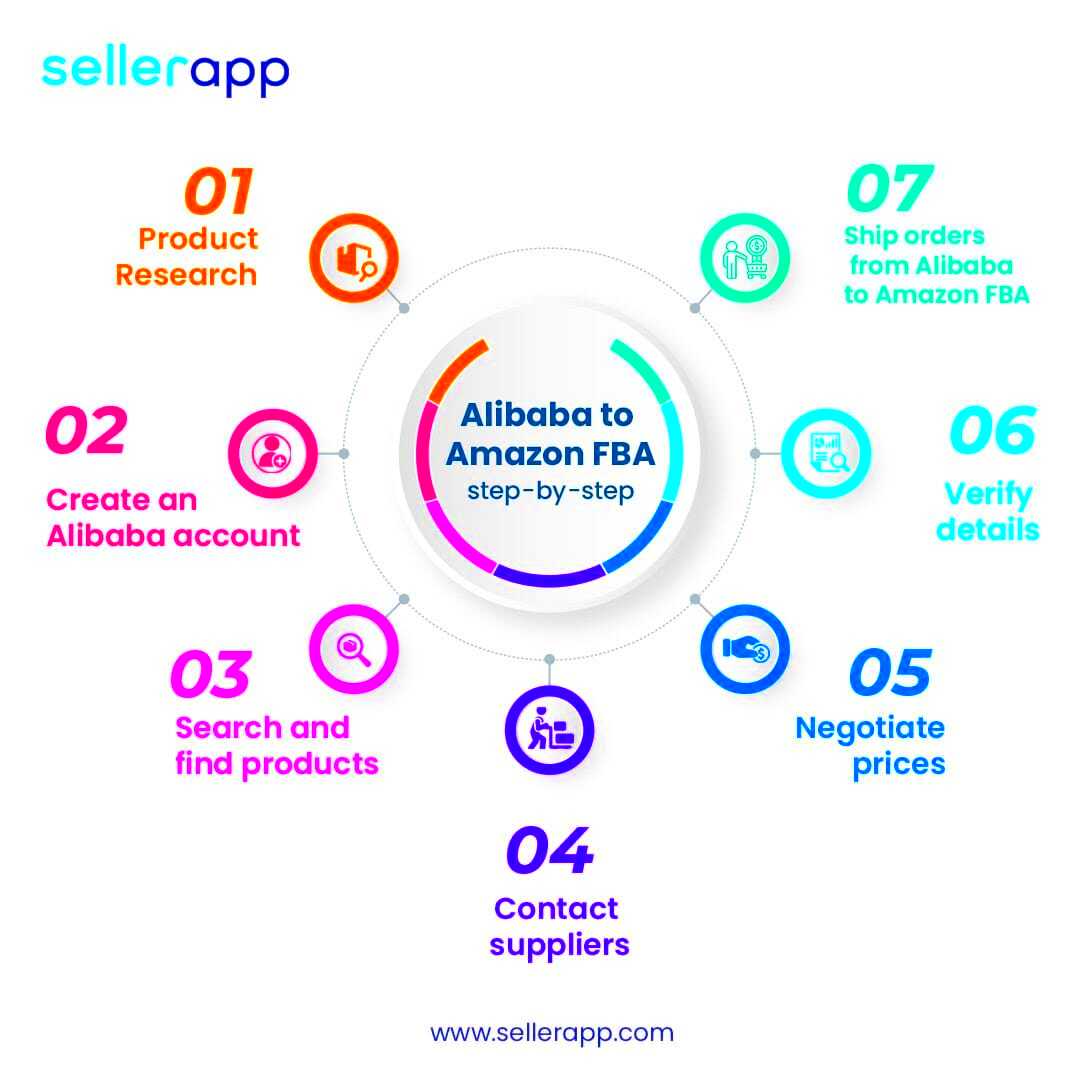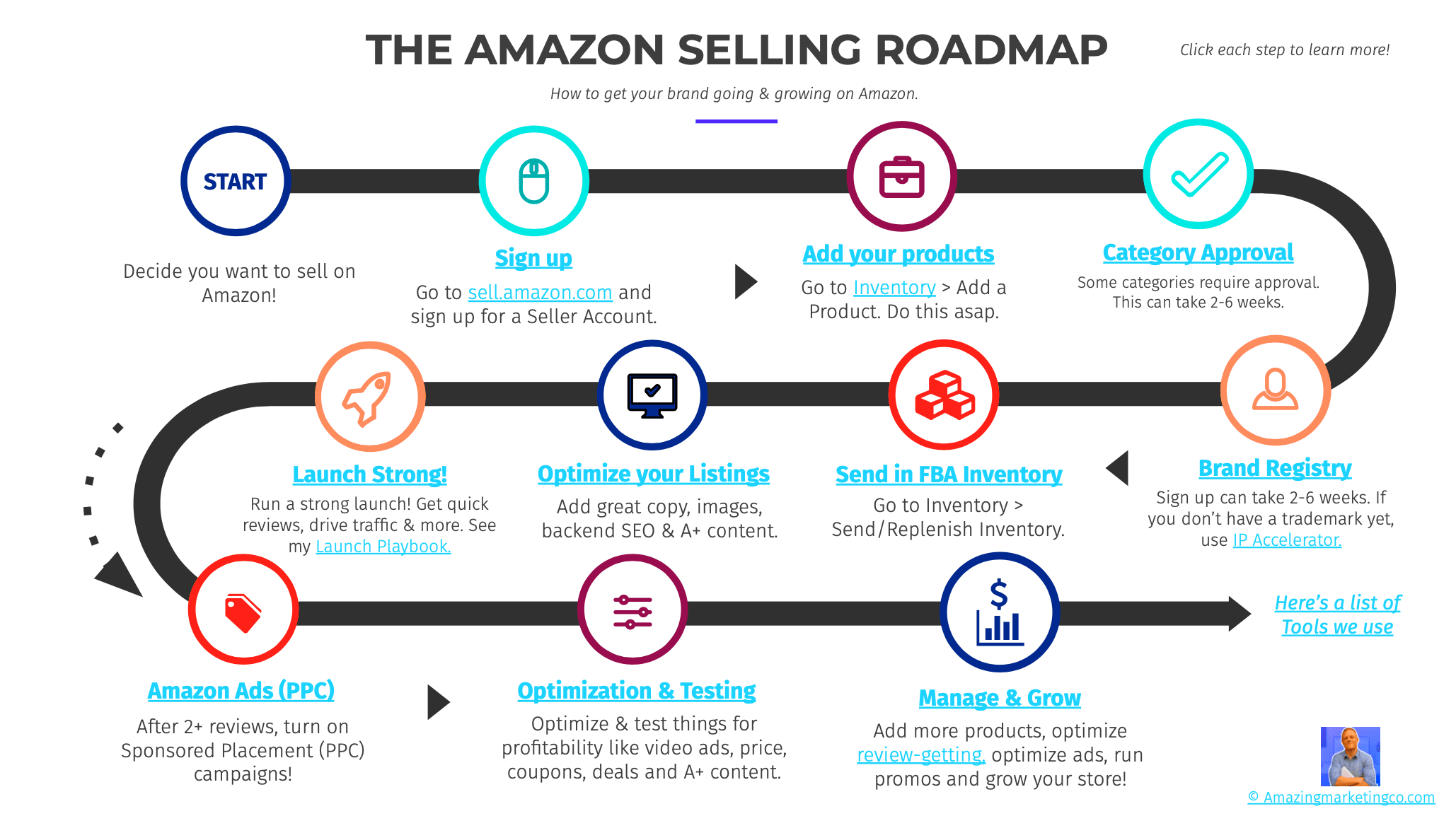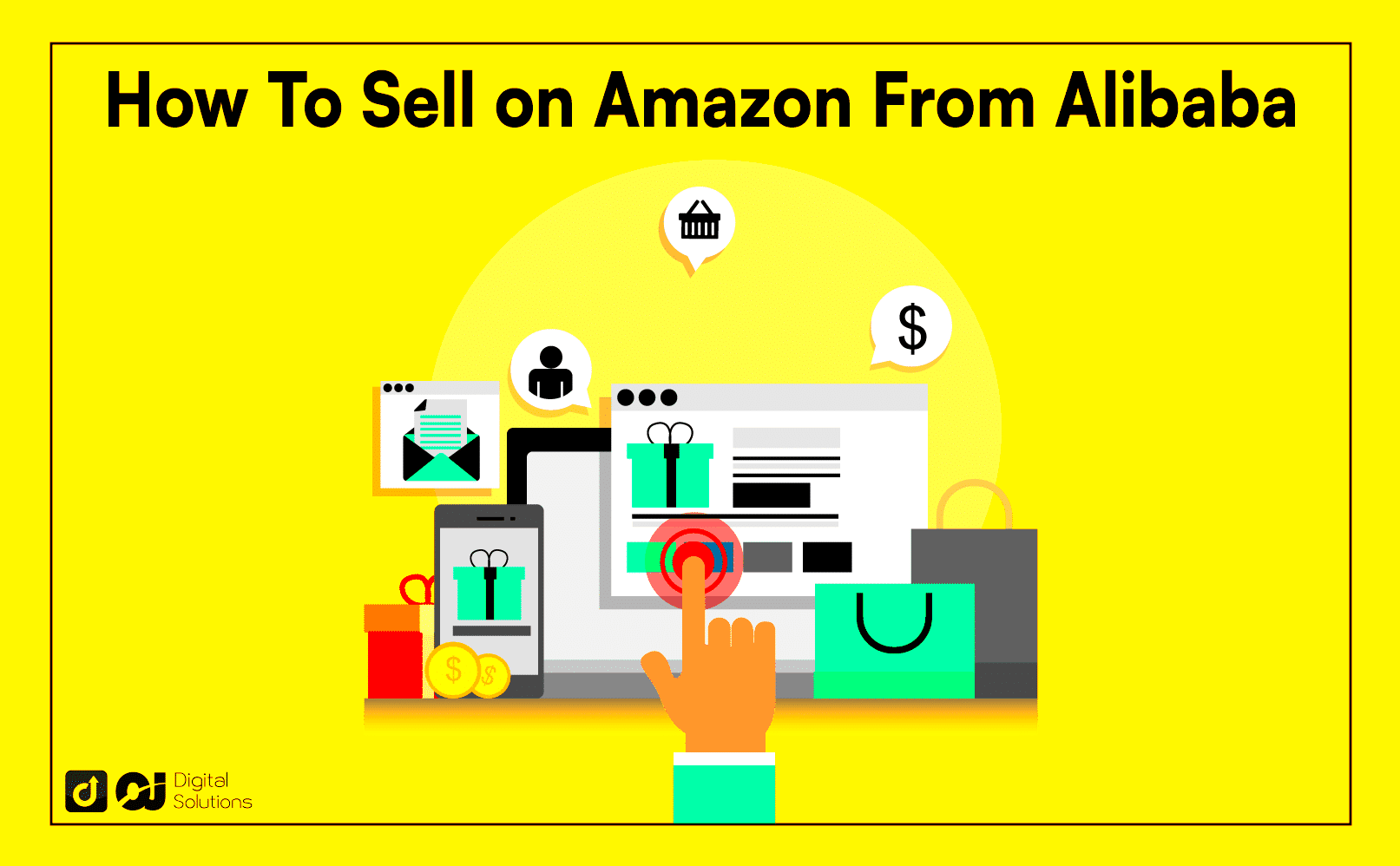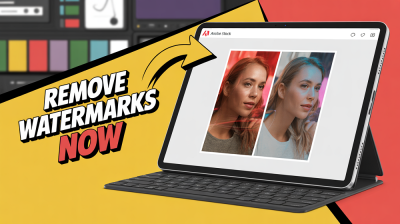Introduction: The Amazon Sales Journey
Embarking on the Amazon sales journey is like setting sail on a vast ocean. For many, it begins with a dream of turning a passion or product idea into a thriving business. I remember my first venture into this world: the excitement, the uncertainty, and the endless possibilities. With Amazon's immense reach and
Alibaba's extensive product catalog, the journey becomes a blend of strategy and discovery. This post will guide you through the essentials of sourcing from
Alibaba and selling on Amazon, helping you navigate this exciting path with confidence.
Why Choose Alibaba for Amazon Sales?

Choosing
Alibaba as your supplier for Amazon products can be a game-changer. Here’s why:
- Cost-Effective Sourcing: Alibaba connects you with manufacturers who offer competitive prices, allowing for higher profit margins.
- Vast Product Range: From electronics to clothing, the platform boasts an extensive catalog, enabling you to find virtually any product you can think of.
- Customizability: Many suppliers offer customization options, so you can differentiate your products from competitors.
- Global Reach: Alibaba is a gateway to manufacturers around the world, providing opportunities to source unique items not available locally.
My personal experience with
Alibaba was eye-opening. I found a supplier who not only met my price expectations but also offered customization that perfectly matched my vision for a new product line. This level of flexibility is one of the reasons
Alibaba stands out.
Finding the Right Products on Alibaba

Finding the right products on
Alibaba involves a mix of research, strategy, and a bit of luck. Here’s how you can streamline the process:
- Use Specific Keywords: When searching, be precise with your keywords to filter out irrelevant products. For example, instead of just “backpacks,” try “waterproof hiking backpacks.”
- Check Supplier Reviews: Read reviews and ratings from other buyers to gauge the reliability of the supplier. Look for feedback on product quality and service.
- Request Samples: Always ask for samples before placing a bulk order. This helps ensure that the product meets your quality standards.
- Compare Prices: Don’t settle for the first supplier you find. Compare prices and terms from multiple suppliers to get the best deal.
For example, when I was sourcing a new line of eco-friendly kitchen gadgets, I initially struggled to find a reliable supplier. By carefully reviewing multiple options and requesting samples, I eventually found a partner whose product quality and communication exceeded my expectations.
Evaluating Suppliers: What to Look For
Choosing the right supplier on
Alibaba is crucial to your Amazon success. I learned this lesson the hard way after a few missteps with unreliable suppliers. Here’s what I’ve discovered about evaluating suppliers to avoid those pitfalls:
- Supplier Verification: Check if the supplier is verified by Alibaba. Verified suppliers have gone through additional checks, providing an extra layer of trust.
- Product Quality: Ask for detailed product specifications and samples. Examine the quality closely; don’t just go by photos or descriptions.
- Communication: Assess the supplier’s responsiveness and clarity in communication. A reliable supplier should answer your queries promptly and thoroughly.
- Manufacturing Capabilities: Ensure that the supplier has the necessary facilities and equipment to produce your product consistently and at scale.
- Minimum Order Quantity (MOQ): Check if the supplier’s MOQ fits your budget and needs. Some suppliers have high MOQs which might not be feasible for small businesses.
- Customer Reviews and Ratings: Read through reviews from other buyers. Positive feedback and high ratings can indicate a trustworthy supplier.
In my own experience, I once partnered with a supplier who was not transparent about their production capabilities. The resulting delays and quality issues taught me the importance of thorough vetting. Now, I make it a point to verify every aspect before committing.
Negotiating Deals and Securing Your Purchase
Negotiating with suppliers can feel like a high-stakes game, but it’s an essential part of the process. Here’s how to make sure you get a fair deal and secure your purchase:
- Know Your Budget: Have a clear budget in mind before you start negotiations. This helps you stay focused and avoid overextending yourself.
- Negotiate Terms: Don’t just focus on the price. Negotiate terms like payment methods, delivery schedules, and return policies to get a comprehensive deal.
- Leverage Bulk Orders: If you’re ordering in bulk, use it as leverage to negotiate a better price or additional perks, like free shipping.
- Confirm Details in Writing: Always get the final agreement in writing, including all terms and conditions. This avoids misunderstandings and protects you if issues arise.
- Build a Relationship: Establishing a good relationship with your supplier can lead to better deals and smoother transactions in the long run.
When I first started negotiating, I was hesitant to push too hard for better terms. But with experience, I learned that being assertive and clear about my needs led to more favorable deals. Don’t be afraid to negotiate—your business will benefit from it.
Shipping and Logistics: Getting Your Products to Amazon
Once you’ve secured your products, the next step is getting them from the supplier to Amazon’s warehouses. This can be a complex process, but here’s a guide to make it smoother:
- Choose the Right Shipping Method: Depending on your budget and urgency, decide between air freight (faster but more expensive) and sea freight (cheaper but slower).
- Understand Customs and Duties: Familiarize yourself with import regulations, duties, and taxes that may apply to your products. This can prevent unexpected costs and delays.
- Use a Freight Forwarder: A freight forwarder can handle the logistics of shipping, including documentation and customs clearance, making the process easier.
- Labeling and Packaging: Ensure that your products are labeled and packaged according to Amazon’s requirements. Incorrect labeling can result in delays or additional fees.
- Track Shipments: Keep track of your shipments to monitor progress and address any issues that may arise during transit.
In one of my first shipments, I underestimated the complexities of customs, which led to delays and extra costs. Since then, I’ve made it a point to work closely with experienced freight forwarders and stay informed about all shipping regulations. It’s an investment that pays off in smoother operations and fewer headaches.@localhost
Conclusion: Reflecting on the Journey
As we come to the end of this exploration, it's important to pause and reflect on the journey we've taken together. Whether we've been navigating the complexities of a technical problem, delving into a topic of deep personal interest, or simply sharing ideas, the end of one chapter often marks the beginning of another.Think of this moment as a chance to breathe in all that we've learned. It’s a bit like standing on a mountain peak, where you can see not just the path you’ve climbed, but also the vast landscape that stretches out ahead. Maybe this journey has sparked new questions or opened up avenues you hadn't considered before. That’s the beauty of learning—it’s a never-ending road, full of twists, turns, and sometimes, unexpected detours.So, what's next? Maybe it's taking a bit of what you've discovered here and applying it in your own life. Or perhaps it’s sharing these insights with someone else who could benefit. Whatever the case, know that every conclusion is simply a doorway to the next adventure. Let's keep pushing forward, one step at a time.
 Choosing Alibaba as your supplier for Amazon products can be a game-changer. Here’s why:
Choosing Alibaba as your supplier for Amazon products can be a game-changer. Here’s why: Finding the right products on Alibaba involves a mix of research, strategy, and a bit of luck. Here’s how you can streamline the process:
Finding the right products on Alibaba involves a mix of research, strategy, and a bit of luck. Here’s how you can streamline the process:
 admin
admin








